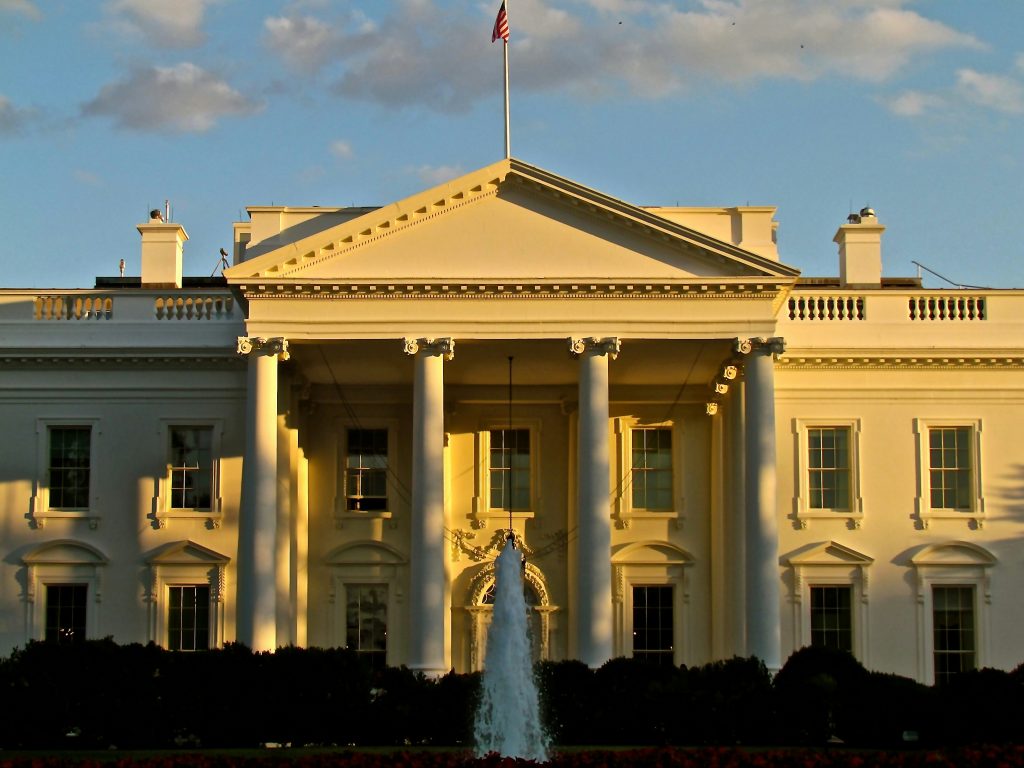Force Majeure Events in the Age of the Coronavirus
FORCE MAJEURE EVENTS IN THE AGE OF THE CORONAVIRUS
By: Mahak Sodhi *
What happens if disaster hits and you are unable to perform your promised obligations under a contract? This is the exact type of situation where a party could trigger a force majeure clause. Where unforeseen circumstances occur that cause agreed upon terms of a contract to become substantially taxing, challenging, or more costly to perform, a force majeure provision can save a party from being required to pay damages.[1] As well, so long as parties contracted to include a force majeure clause, the parties can utilize it to excuse performance in that contract.[2]
However, in the age of the coronavirus (COVID) pandemic, a grey area has emerged in the application of force majeure provisions. COVID was declared a national emergency by President Biden and former President Trump, triggered stay at home orders across the nation, and caused severe business interruptions in every sector.[3] A question of whether force majeure provisions would be triggered in a situation like COVID was quickly raised. When courts consider the application of force majeure clauses, they look to if: “(1) the event qualifies as force majeure under the contract; (2) the risk of nonperformance was foreseeable and able to be mitigated; and (3) performance is truly impossible.”[4] A court’s primary focus of their inquiry will be on if an event is a qualifying event per the original contract.[5]
The defining factor of whether a business can utilize its force majeure clause in the context of COVID quite literally is in their contract. Where a force majeure provision explicitly defines “disease, epidemic, pandemic, quarantine, an act of government, or state of emergency” as a qualifying event, a court would likely rule in favor of the party wanting to invoke the clause for nonperformance.[6]
However, it is essential to note that an event merely making performance difficult is not sufficient to trigger force majeure. Instead, the party would have to show that performance was prevented directly due to the event.[7] The inquiry becomes more difficult when a force majeure clause uses “catch-all” language that does not explicitly list defining events.[8] In these situations, courts look to if the event was foreseeable at the time of contracting.[9] This is where the debate sees a split in perspective over COVID. Some argue that pandemics and mass disease are inevitable and should be expected.[10] On the flip side, others argue that a pandemic the size and the impact of COVID was not foreseen and thus would qualify it as a typical force majeure event.[11] Ultimately, courts will look at each situation where a party attempts to raise a force majeure defense based on the facts surrounding the parties’ specific contract, actions, and impact on that contract.
Due to COVID’s unexpected nature and significant impact, courts should interpret force majeure clauses in favor of those bringing forth the claim. There is no denying the impact COVID has had on the world of business and the world in its entirety, and it is nearly impossible for contracting parties to have foreseen. Nevertheless, with the world having passed a year since the start of the spread of COVID, few US courts have dealt with lawsuits pertaining to COVID, and how courts will respond to related lawsuits remains to be seen.
*J.D. Candidate, Class of 2022, Arizona State University Sandra Day O’Connor College of Law.
[1] David A. Shargel, Revisiting Force Majeure and Other Contractual Considerations Amid COVID-19, 10 The Nat’l L. Rev. (2020).
[2] Id.
[3] Tiana Voegelin & Marcelo A. Triana, Force Majeure Under the Coronavirus (COVID-19) Pandemic (2020), https://www.paulweiss.com/media/3979438/16mar20-update-force-majeure.pdf (last visited Feb 10, 2021).
[4] Id.
[5] Id.
[6] Shargel, supra at 1.
[7] Id.
[8] Id.
[9] Id.
[10] Id.
[11] Id.
Related Posts

District Court Judge Issues Injunction Requiring Work Continue at CFPB

The Trump Administration’s Proposed Carried Interest Tax Reform
